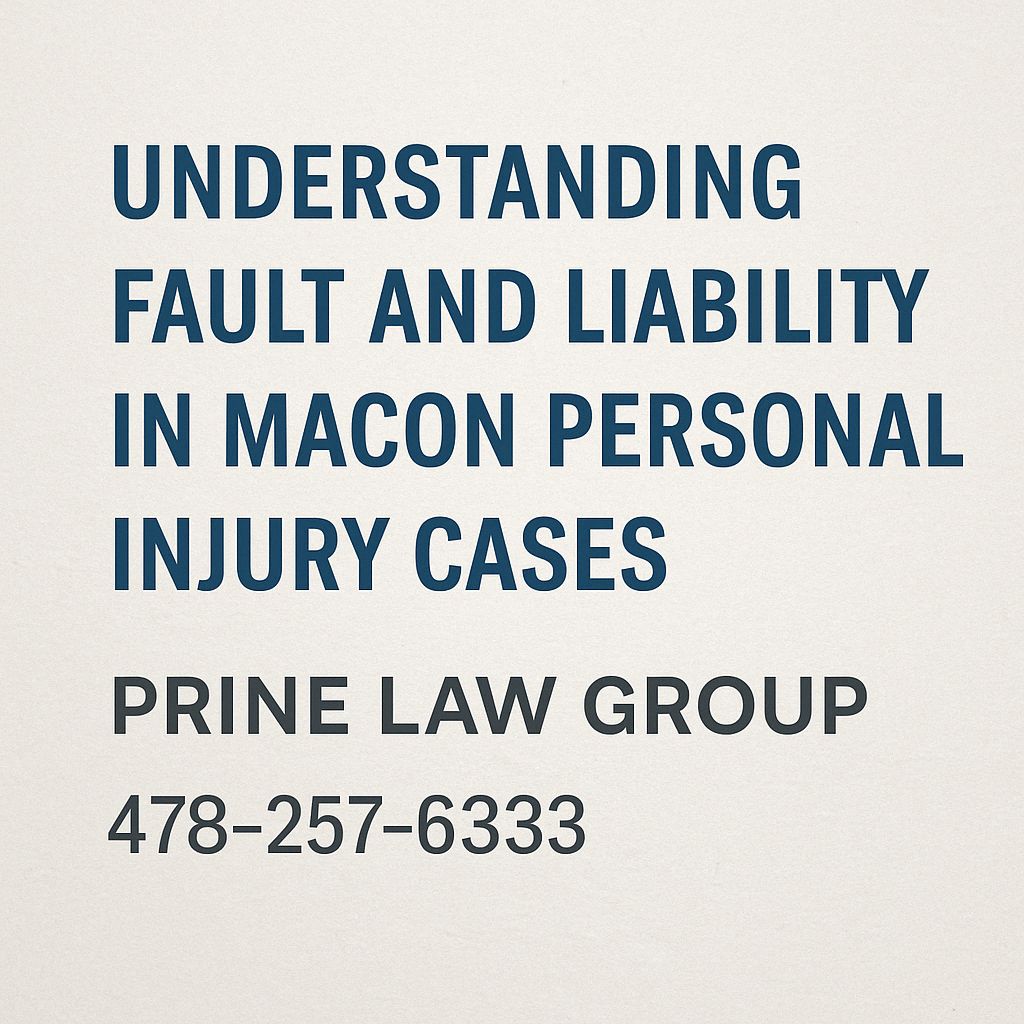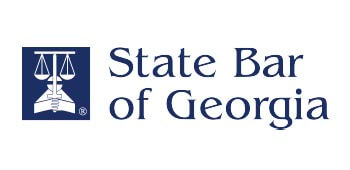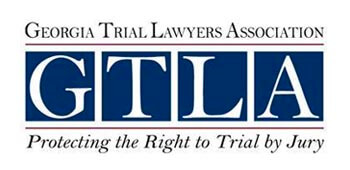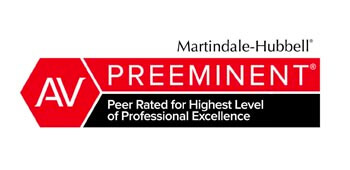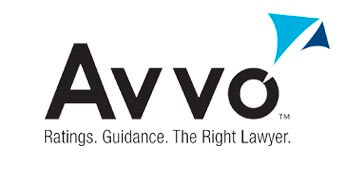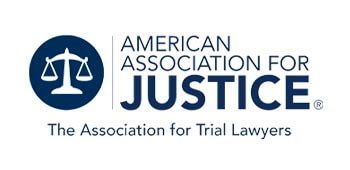When someone’s been hurt in an accident in Macon—whether it’s a car crash, a fall, or some other injury—it’s common to assume fault will be clear. But personal injury law doesn’t work on assumptions. In Georgia, especially under its modified comparative negligence law, how fault is assigned directly affects whether you recover anything at all. If you’re just 1% over the legal threshold, you’re completely barred from compensation. That’s why understanding liability in the context of a Georgia injury case isn’t academic—it’s survival. The law doesn’t hand you fairness. You have to build it, prove it, and protect it. And you don’t get a second chance if the record gets written against you early.
1. What Macon Injury Victims Should Know About Partial Fault
Partial fault in Georgia isn’t a technicality—it’s a line in the sand. The state’s modified comparative negligence rule says if you’re 50% or less responsible for what happened, you can still recover damages. But if you’re 51% or more to blame, you get nothing. That cut-off has real-world consequences. Let’s say you’re hit while crossing a street, but the defense argues you were distracted. If a jury decides you were just barely more responsible than the driver, your claim dies right there. Not because you weren’t hurt. Not because the other person did everything right. But because the number assigned to you passed that 50% line.
Here in Macon, we’ve seen cases where that line was manipulated from the very beginning. An adjuster might ask you a simple-sounding question like, “Do you think you could’ve avoided it if you reacted quicker?” Say yes—and they’ll spin it into contributory negligence. That’s why every word matters. Every document. Every timeline. Georgia law allows you to recover if you’re partly at fault, but it demands that your case is built carefully to keep you under that threshold. Your attorney’s job isn’t just to argue on your behalf. It’s to keep the scales from tilting past that legal edge that shuts your case down before it ever gets heard.
2. How Georgia’s Modified Comparative Negligence Law Impacts Macon Cases
This rule trips up more injury victims than any other. In simple terms, Georgia’s law says you can recover damages as long as you’re 50% or less at fault—but your total compensation is reduced by whatever percentage of blame is assigned to you. If a jury says your injuries are worth $100,000 but you’re 25% at fault, you only receive $75,000. Sounds reasonable, right? Until you realize how easily that number is manipulated. Fault isn’t calculated—it’s argued. That percentage comes from the defense’s version of events, the way the report is written, and how your behavior is portrayed from the moment the injury occurred.
And in Macon, adjusters and defense lawyers know how to work the system. They use local expectations—like “you should’ve been more careful”—to shift blame subtly. They look for signs that you might’ve made a mistake, no matter how small. Even failing to go to the doctor right away can be painted as negligence. Once that percentage starts climbing, so does the defense’s confidence that they can deny your claim entirely. That’s why your legal team must act quickly to frame the story correctly. You’re not just proving you were injured. You’re proving you weren’t too responsible to be legally compensated. That’s a different fight—and it’s one you can’t win by being passive.
3. The Role of Police Reports in Determining Fault After an Accident in Macon
Police reports matter in Georgia, but not because they’re perfect. They matter because everyone treats them as if they are. When a report assigns fault—even informally—it becomes the foundation for the insurance company’s position. We’ve seen Macon cases where an officer checked a box or added a vague comment, and that single detail ended up costing someone tens of thousands in potential recovery. Not because it was accurate, but because it wasn’t challenged.
Most people don’t realize they can correct or supplement a police report. If you know the officer misunderstood your statement or overlooked a key fact, you can submit an amendment. But that window closes fast. And once insurers latch onto that initial version, they rarely revisit it on their own. A lawyer who knows the local precincts, the usual traffic patterns, and even how certain intersections are usually misreported—that’s someone who can anticipate problems before they’re cemented into your case. In personal injury law, early missteps become permanent disadvantages. Don’t assume a mistake in a report is harmless. In Macon, it could be the difference between a full claim and none at all.
4. How Witness Statements Help Prove Liability in Middle Georgia Courts
Third-party witnesses can be the strongest tool in proving who was really at fault. Unlike the parties involved, they don’t have anything to gain or lose, which makes juries and adjusters take them seriously. But only if their accounts are clear, timely, and consistent. In Macon, we often work with witnesses who are neighbors, shop owners, or passersby familiar with the area. That familiarity helps—but it also means their memory fades fast, especially if they aren’t contacted early.
Waiting too long to follow up with witnesses is a classic mistake. Details blur, opinions shift, and by the time a lawyer reaches out, their confidence may be gone. A great statement captured within days can support your version of events and contradict the other side’s claims directly. But if it’s done too late, or left to chance, it loses impact. And insurance companies are counting on that. They’ll look for inconsistencies, hoping to discredit even honest people. That’s why any good personal injury attorney in Macon makes witness follow-up a priority. It’s not just about having a statement. It’s about building one that holds under pressure, in court and across the negotiation table.
5. When Shared Blame Reduces Your Compensation in Macon Injury Claims
Even a small amount of assigned blame chips away at what you’re owed. In Macon, we’ve seen valid claims worth $60,000 whittled down to $30,000 just because the injured person was found 50% responsible for what happened. That cut is legal. But the argument behind it isn’t always solid. Many insurance companies start preparing that argument before you even file a claim. They’ll point to what you said in your statement, how you acted afterward, or what’s written in the initial paperwork. Their goal isn’t just to minimize—it’s to control the narrative early.
Sometimes, what they call “evidence” is actually just an absence of information. If there’s no clear explanation for your actions, they’ll insert one that helps their side. The key is not to leave those gaps open. Your lawyer needs to fill them with documentation: photos, medical records, timeline summaries, witness testimony. You need to show, proactively, that what you did was reasonable—and more importantly, not the cause of what happened. If you don’t fill in those blanks, the defense will. And their version won’t be generous.
6. Legal Strategies for Disputing Fault in Bibb County Injury Cases
The first thing a strong legal team does in a Macon injury case is pressure test the fault narrative. Was the scene evaluated thoroughly? Were other vehicles involved? Were traffic laws misapplied in the report? Fault doesn’t always lie where it’s first assigned. Sometimes, it’s a matter of how evidence was interpreted—or ignored. And in Bibb County, where local courts know the traffic flow, intersection quirks, and common defense strategies, those questions matter.
Attorneys who’ve practiced here for years know how to challenge a fault assignment without sounding defensive. They come with alternative evidence—security camera footage, GPS logs, eyewitness corrections. They know how to phrase challenges in court filings so they don’t just sound like “he said, she said.” Because that’s what judges here want: clean documentation, reasonable explanations, and concrete proof. Not emotional arguments. Not hypotheticals. If you were unfairly blamed, your team has to take apart that accusation methodically. That’s how fault is shifted—not with speeches, but with structure.
7. Why Fault Is Not Always Clear in Macon Personal Injury Lawsuits
Everyone thinks their case is obvious—until the defense opens its file. Suddenly there’s a question about how you responded, what you said, or whether you saw the hazard soon enough. Fault becomes a moving target. And the more gray area there is, the harder it is to come back from. Macon jurors are smart, but they’re skeptical. If they sense any uncertainty about what happened, they start to wonder if the injured person could have avoided it. That’s a problem you have to prevent—not fix.
That’s why experienced lawyers here gather everything up front. Photos from the scene. Emergency calls. Witnesses. Timeline charts. You don’t wait for doubt to creep in—you close the door before it shows up. The clearer your case is, the less room the other side has to shift fault onto you. The moment that room appears, the battle changes. And once fault becomes murky, the law’s strict percentage cutoff becomes a real danger.
8. How a Personal Injury Lawyer in Macon Can Help Shift Liability
Fault isn’t just a legal conclusion—it’s a strategic position. Once it’s assigned, changing it is difficult. That’s why your lawyer matters most before blame sticks. An experienced Macon injury attorney knows the local judges, understands how insurers position early conversations, and recognizes when police reports don’t tell the whole story. They work to steer the conversation immediately—so you don’t spend the rest of the process trying to undo damage that could’ve been avoided.
Shifting liability isn’t about finger-pointing. It’s about framing. Your attorney builds a narrative based on facts: that someone else had the duty, someone else broke that duty, and you paid the price. Without that, you’re stuck defending yourself instead of presenting your claim. A good lawyer flips that dynamic. They put the burden where it belongs and make sure it stays there.
Don’t let someone else’s version of the story define your recovery. If you’ve been injured and the issue of fault feels confusing or already stacked against you, get help before it hardens into a denial. Talk to a personal injury lawyer in Macon who understands how Georgia’s fault rules work—and how to protect you from being blamed out of your own case. At Prine Law Group, we know these tactics, we’ve seen them used, and we know how to stop them. Start by telling your side—then let us help you build the rest.
